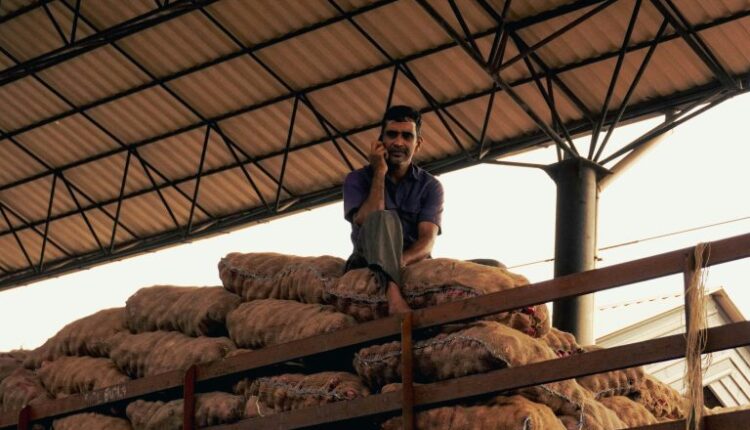Quality Challenges Amid Global Changes: Specialty Paves The Way Forward For Coffee – CoffeeTalk
The global coffee market is currently experiencing unprecedented price fluctuations driven by factors such as climate crises, labor shortages, geopolitical tensions, and speculative commodity trading. Specialty coffee professionals view these challenges not merely as economic obstacles but as opportunities for systemic change, advocating for quality, transparency, and sustainable long-term relationships in the industry.
Characterized by economic neocolonialism, the coffee economy showcases a stark imbalance between producer countries, often former colonies, and consumer nations. The value of coffee is largely influenced by speculative trading practices which detach it from its true worth, leading to volatility that harms both producers and consumers. The agricultural and commercial supply chain of coffee is complex and often opaque, penalizing both ends of the consumption spectrum, as coffee is commodified without regard to its quality or the sustainable practices implemented in its cultivation.
Experts from the Slow Food Coffee Coalition (SFCC) highlight the detrimental impact of this speculation-driven market and promote specialty coffee as an ethical, sustainable alternative. Consumers frequently lack adequate tools to make informed choices, often focusing on price rather than quality or ethics, while producers struggle to differentiate their products in a standardized market where the conditions of trade are inequitable.
The emergence of a specialty coffee market challenges the traditional commodity framework, promoting coffee as an agricultural product. This shift facilitates eco- and socially sustainable agricultural practices and informed consumer choices, enabling producers to enhance quality and demand higher prices, independent of speculative volatility. The SFCC aims to support this alternative market, encouraging practices like agroecological farming and fostering transparent relationships among producers, importers, roasters, and consumers.
Ethical roasters like Frank Uebelherr from Patap roastery reject traditional haggling over cents, emphasizing the intrinsic value of coffee as craft and culture. This philosophy is reflected in long-term supplier relationships, transparent pricing strategies, and collective resilience efforts among roasters to address ongoing operational challenges arising from market fluctuations.
The recent rise in coffee prices has created both challenges and opportunities. While some producers in regions like Indonesia see the price increases as beneficial, supporting their livelihoods, others in Mexico and Latin America face challenges as larger corporate entities exploit these surges to dominate the market. Many smallholder farmers, overwhelmed by prior economic crises and current climate challenges, have seen their bargaining power diminish, leading some to sell their harvests prematurely, which can undermine established trading relationships.
The volatility in the coffee market is prompting stakeholders in the specialty coffee sector—from growers to roasters—to consider sustainability, reject exploitative practices, and develop innovative, transparent solutions rooted in mutual respect and shared knowledge. This reflection is critical not only for addressing immediate economic pressures but for ensuring the long-term health of the coffee industry.
Read More @ Slow Food
Source: Coffee Talk



